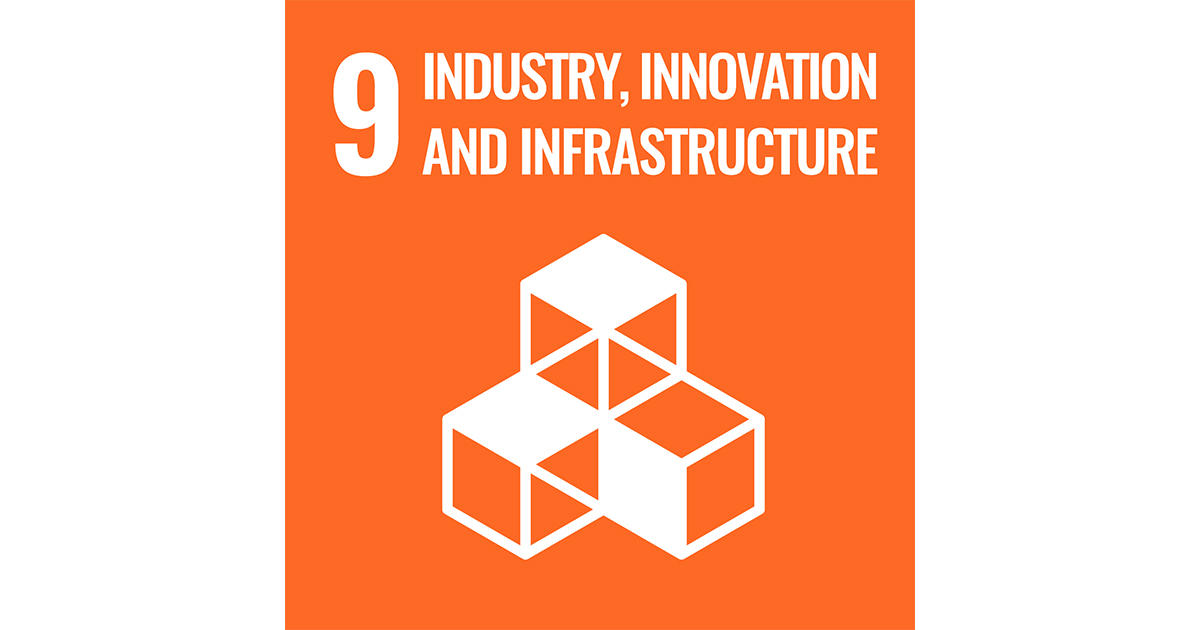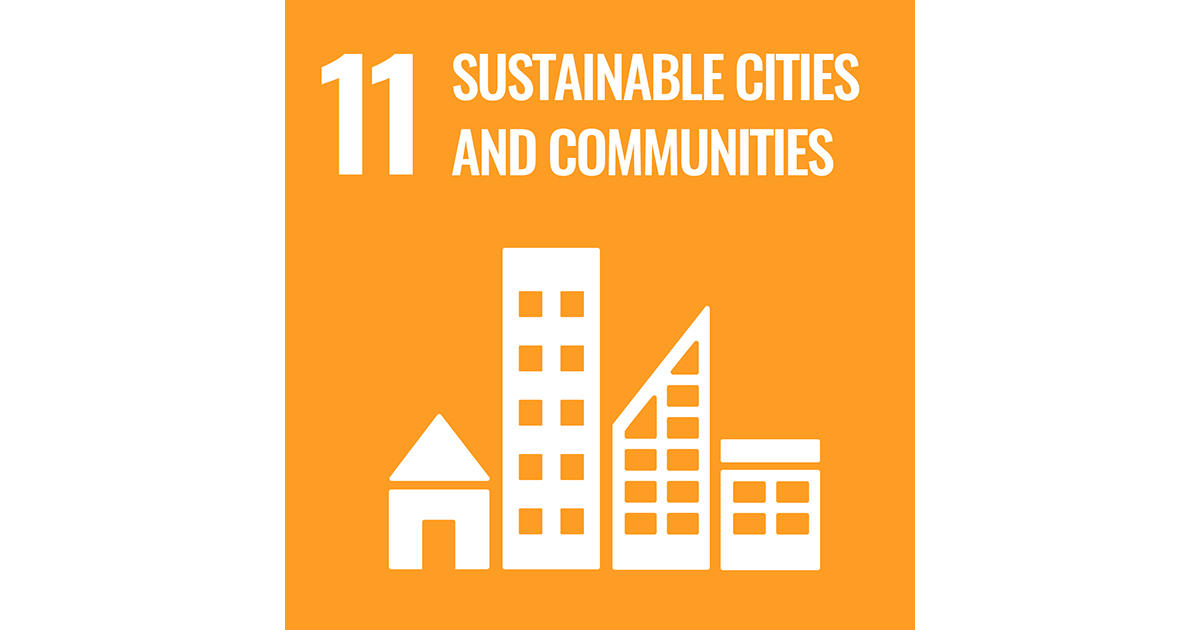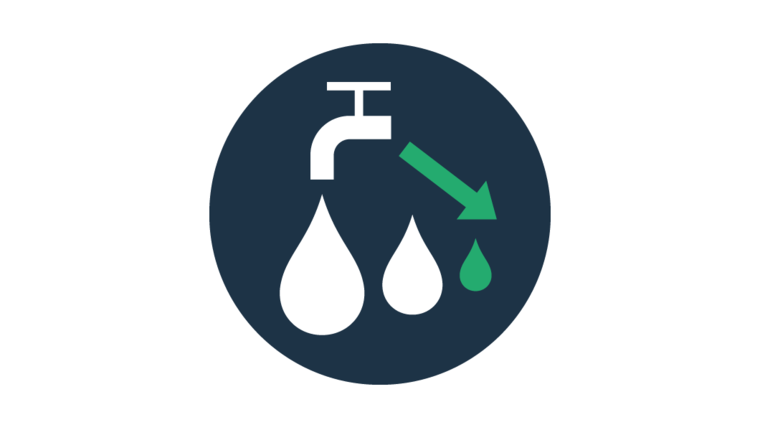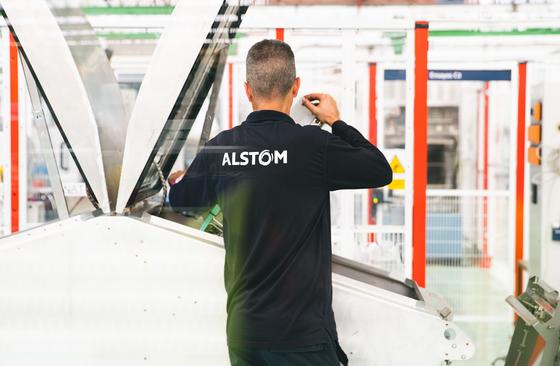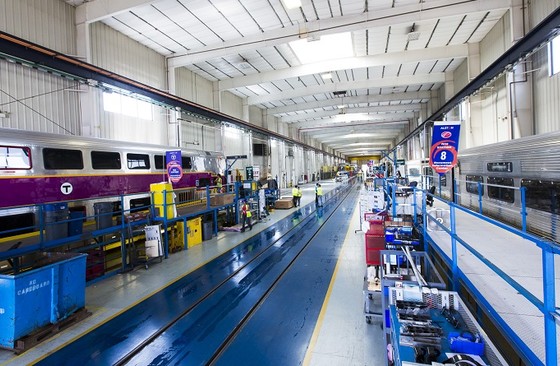Commitments
Environmental footprint
Towards cleaner operations
As a key player in the mobility sector, Alstom is at the forefront of the challenges facing society today, from global warming to rapid urbanisation. Understanding the importance of reducing the environmental impact of its operations, the Company strives to make more sustainable choices at every step, from energy sources to transportation and recycling.
Climate change is changing weather patterns and disrupting balance of nature. To help to tackle climate risks, Alstom assessed in 2022 the climate resilience of its assets based on scenarios consistent with the IPCC (scenario SSP5 8.5 and scenario SSP2 4.5 scenario). The Group also carried out this year an initial impacts analysis of its sites on Biodiversity with the help of an expert firm. Next years, will be dedicated to pursue these initiatives and further deploy adaptation plan and biodiversity actions.
As a signatory member of the United Nations Global Compact, Alstom supports the Sustainable Development Goals (SDGs) that aim to end extreme poverty, protect the planet and ensure prosperity for all by 2030. Alstom bases its value system and business approach on the 10 principles of the Global Compact and submits its Communication of Progress (COP) each year. Alstom’s Sustainability and CSR policy ensures that the Company’s daily activities, core business and initiatives contribute to delivering on its core mission of supporting the transition to sustainable mobility systems. Alstom believes this transition has particular relevance for three SDGs:
- Industry, innovation and infrastructure (SDG 9);
- Sustainable cities and communities (SDG 11); and
- Climate action (SDG 13).
Most specifically, Alstom strongly contributes to Target 11.2 to provide access to safe, affordable, accessible and sustainable transport systems for all, notably by expanding public transport.

A strong ESG roadmap supported by clear targets
Read more
Clean operations certification
All the sites have maintained their ISO 14001 certification in 2023/24. 83% of Alstom employees work on certified sites or projects, the 2025 target being to have 100% of Alstom employees on certified sites.
By signing a Virtual Power Purchase Agreement (VPPA) in July 2023, in order to secure the procurement of green power certificates for 10 years, Alstom achieved an important milestone to accelerate decarbonisation related to energy consumption of its facilities and sites in Europe. The power will be purchased as produced from a Spanish solar asset, for an estimated volume of 160 GWh/year. The solar farm is expected to start operating early 2025 and is deemed to cover 80% of Alstom’s electricity consumption in Europe.
